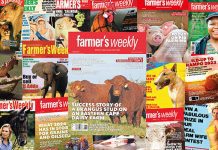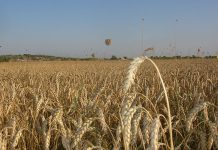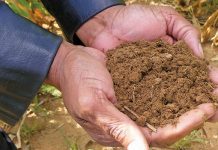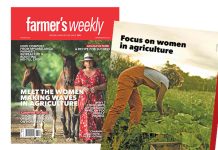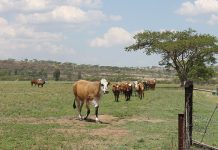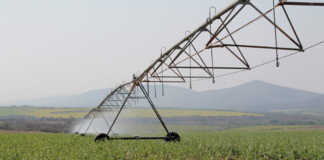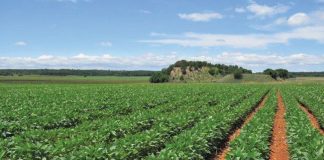Our maize production, which accounts for 60% of the region’s food supply, has decreased significantly, and more than five million tons of maize will have to be imported.
Already 2,5 million people in the region are classified as being in crisis as a result of a lack of access to sufficient food. And the situation is growing more dire. In the words of Omri van Zyl, CEO of Agri SA: “We are facing a potential famine situation”, and things will get much worse before they get better.
The drought has exposed many of the weaknesses in the agriculture sector and food system in Southern Africa.
Van Zyl and Ishmael Sunga, CEO of the Southern African Confederation of Agricultural Unions (Sacau), recently addressed members of the media and stakeholders in the regional agricultural sector in Pretoria.
They made it clear that the devastation caused by the drought may have been less severe if the region had been better prepared and if more had been done in the past to develop a successful and resilient farming sector in the reigion.
According to Sunga, the current situation was a result of inadequate investment in the necessary infrastructure in the past, which had left countries in Southern Africa ill-equipped to cope with a natural disaster of this scale.
Uncertainty caused by controversial land policies in many Southern African countries had also contributed to the current situation, as it has discouraged much-needed investment in the sector.
History is repeating itself. But what is worse is that it may yet repeat itself again, should this current crisis not be used as a catalyst to motivate significant investment in farming infrastructure in the region, Sunga said.
Both Van Zyl and Sunga emphasised the importance of reacting in a way that would not only solve immediate problems. They encouraged the farming sector to find solutions to the challenges posed by this drought that would strengthen agriculture in the long-term.
There cannot be a disproportionate amount of attention and resources directed to solve the “matters of now” at the expense of finding and implementing solutions for “matters of the future”, Sunga said.
He warned of the consequences of food aid, a likely international response to the unfolding humanitarian crisis. Food aid delivered to a region could result in negative results for local producer prices, production and investment. Therefore, food aid inflows needed to be monitored closely to minimise oversupply.
If farmers across the region rally together to lobby for long-term – instead of short-term – solutions, the next drought may find us better prepared.

